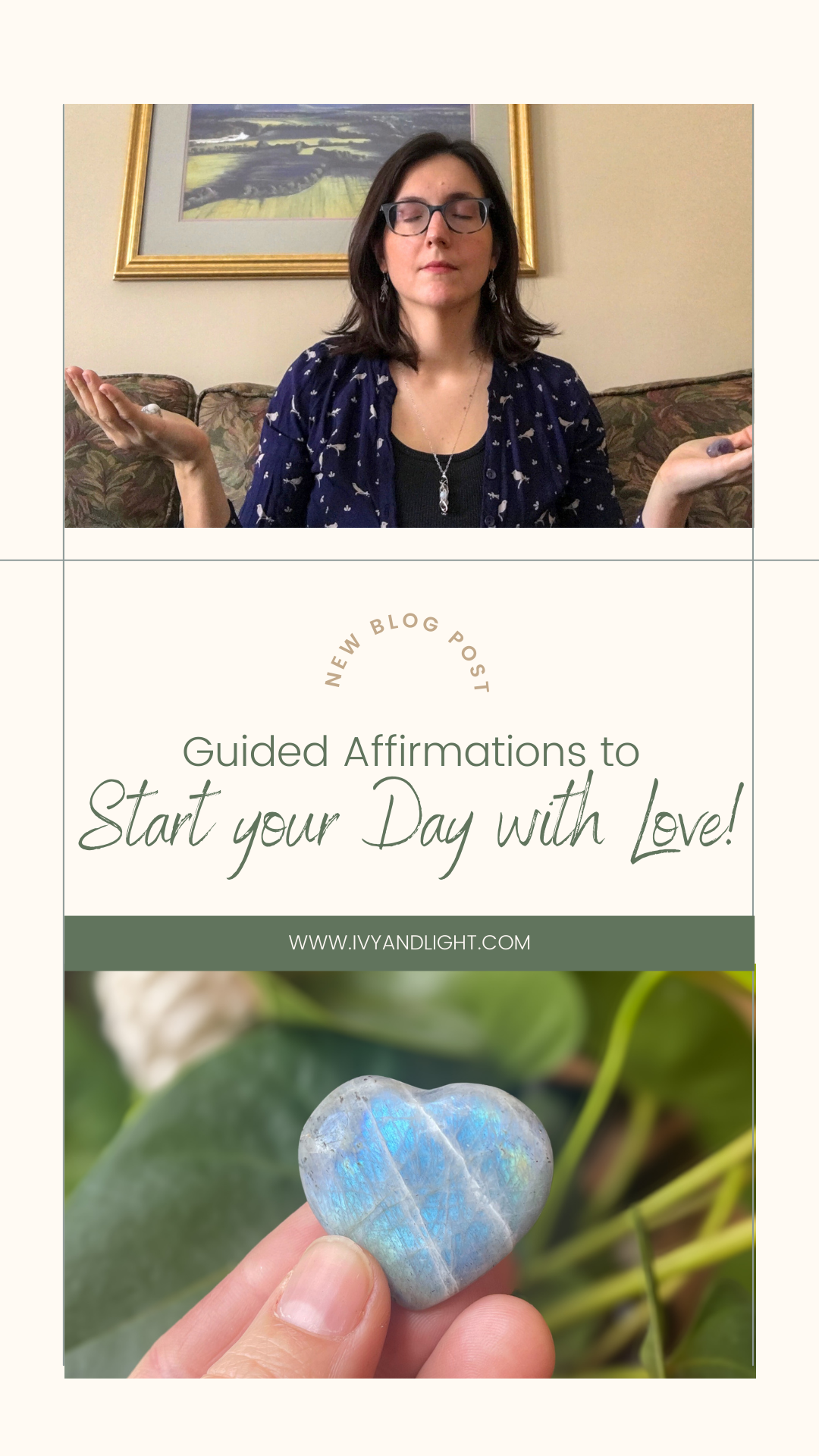What is Gong Fu Cha?: The Lesser-Known Tea Ritual
With roots in the East and having trickled to the West over many centuries, tea has lost much of its original “flavor” as times and cultures have evolved. Today, we often drink tea simply as a comforting and wholesome beverage. But the ceremonial aspect of tea has always been prominent in China, and a major part of that culture since the 1700s has been Gong Fu Cha.
What Exactly is Gong Fu Cha?
Gong Fu Cha, loosely translating to “making tea with skill,” is a sort of gathering and tea service, having evolved from more ancient and formal tea ceremonies of the Far East that surrounded tea consumption for hundreds of years in parts of China. Gong Fu Cha puts the focus on the preparation and presentation of tea. This particular type of tea ritual has debated origins; perhaps it originated in Sichuan province, or more likely in Guangdong in the coastal southeast. It is thought that this practice began when people would gather in the colder regions of China for warmth and to enjoy a cup of tea together (the kettle was boiled over an open fire). A long pot was typically used in those times, some believe in order to more conveniently serve guests sitting further away, and others believe that the emperor, leading others, could keep a safe distance from potential assassins.
In Gong Fu Cha, whole tea leaves (not powdered matcha, for instance) are infused several times, and a theme of repetition is peppered into the practice. “The practice is Chinese indeed, but only in the broadest sense of the word that it originated somewhere in what is now China,” writes Lawrence Zhang for the University of Hong Kong. “Nor is it really a ‘ceremony,’ for the practice of using very small cups and small teapots, and infusing the leaves repeatedly, is only a means to drink tea in a specific way.”
The service of tea is elaborate and meticulous in a Gong Fu Cha sitting. Teaclass.com gives us a glimpse of just how many details are involved in this custom, ensuring the utmost respect for both the guests partaking in the ceremony, as well as the tea itself.
Here’s how the Gong Fu Cha sitting would look like:
. . . Use one hand to hold the saucer and the thumb and forefinger of your other hand to place the cup on the saucer. Serve the guest, who will take the saucer with both hands. If not using saucers, use one hand on the bottom of the cup and your thumb and forefinger of the other hand on the sides of the cup . . . The guests should first admire the color and fragrance before tasting. When they are through, they can place their cups on the tray for you to pour out the tea again. It is typical that high-quality oolongs offer at least three and sometimes four or more infusions using the same leaves. Each subsequent infusion time may add one or two minutes. [If offering] a second type of tea . . . wait about a half-hour. During this time, tea snacks, dim sum or similar finger foods may be offered.
Special Teaware Used During Gong Fu Cha Rituals
Special teaware for the procedures includes a bamboo or porcelain caddy along with a wooden or metal tray to hold all tools and elements like tea needles, tea scoops, and tongs; a linen cloth for wiping the bottom of the teapot; a lidded individual teapot called a gaiwan or a modest clay yixing pot; a small jug into which the hot water is first poured from the kettle before it is poured into the pot; a bowl for waste; and a number of additional supplies are arranged beautifully in a special, dedicated setting.
Most Gong Fu Cha gatherings were centered around highly oxidized oolong tea, which is a traditional Chinese rolled tea with a bold and slightly sweet aroma. The ritual explicitly precludes powdered teas and prefers rolled teas like oolong as well as pu’er.
As outlined by TeaSenz, here are 20 simplified steps of an authentic Gongfu Cha ritual:
Step 11:
Empty the teapot drop by drop
Step 12:
Cover each teacup with an empty cup to retain heat
Step 13:
Take in the aroma of the tea
Step 14:
Lift the cup with the proper gesture using the thumb and index finger
Step 15:
Observe the liquor color
Step 16:
Sip the tea to taste it
Step 17:
Finish the tea and enjoy the aftertaste
Step 18:
Taste the tea a second time, repeating steps
Step 19:
Enjoy the different taste of this second infusion
Step 20:
Thank your guests for participating
Step 1:
Burn incense to neutralize the air
Step 2:
Present the tea leaves to the guests
Step 3:
Heat the teapot, pouring boiling water inside and outside of it
Step 4:
Add the leaves to the pot
Step 5:
Pour water from high up from the kettle into the pot
Step 6:
Scrape away the bubbles aka “tea scum”
Step 7:
Rinse the tiny tea cups
Step 8:
Add water again and pour boiling water over the outside of the pot as well
Step 9:
Pour the brewed tea into the fairness pitcher
Step 10:
Pour the tea into fragranced cups
Modern Day Gong Fu Cha Rituals
Modern Gong Fu Cha rituals still take place and have evolved past the rigorous steps they once entailed. Historically, it was customary not to include more than five guests in a ceremony because the heart does not have room for more than that (*swoon*); today, these rituals are more practical and therefore include more guests when desired. The core rules remain the same: Make good tea and make your guests comfortable. These days, certain esthetic points are emphasized: a clear space for the ceremony on a clean table or if desired, a textile; pretty pottery and a neat setup; high-quality tea; and good company. The minutiae of brewing, re-brewing, and presenting the tea take a backseat to the essence of the custom.
Today, Gong Fu Cha masters in China are the sommeliers of this tea ritual, studying it for many years and becoming experts on the perfect tools, brewing methods, and serving atmosphere, authentic to the old way. Across the world, and especially in China, Hong Kong, Taiwan, and Singapore, you can still experience a genuine, beautiful, and high-end Gong Fu Cha. And if not? Take a little time to sit down and bring in elements of the traditional ritual to your kitchen table, alongside friends and family.
This post was adapted, with permission, from the Heavenly Tea Leaves blog.














